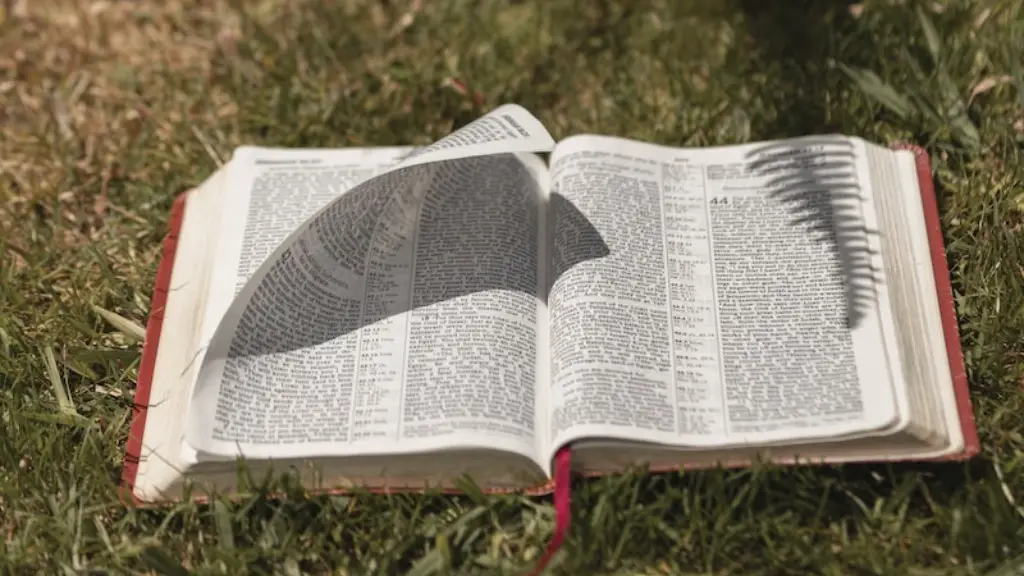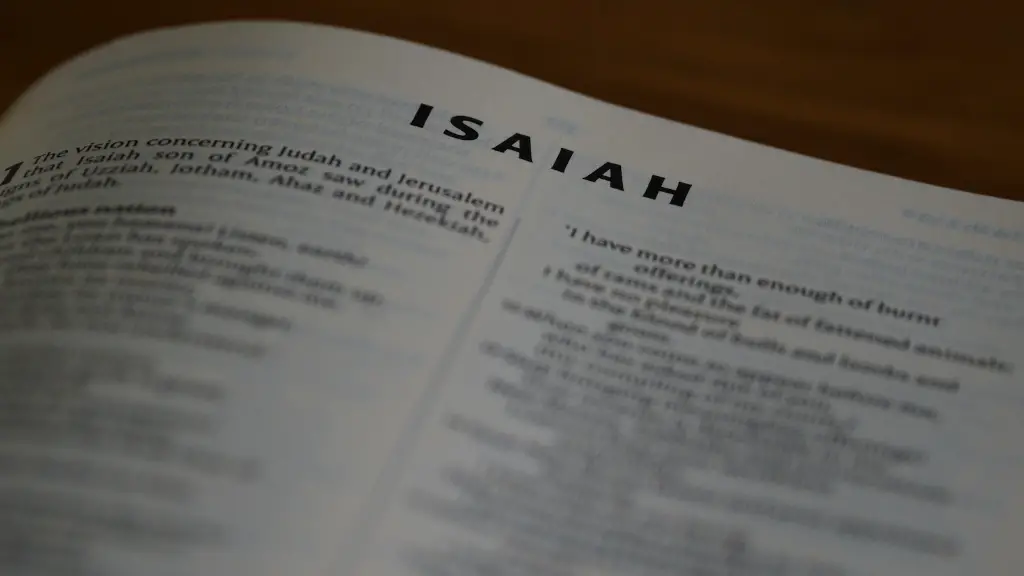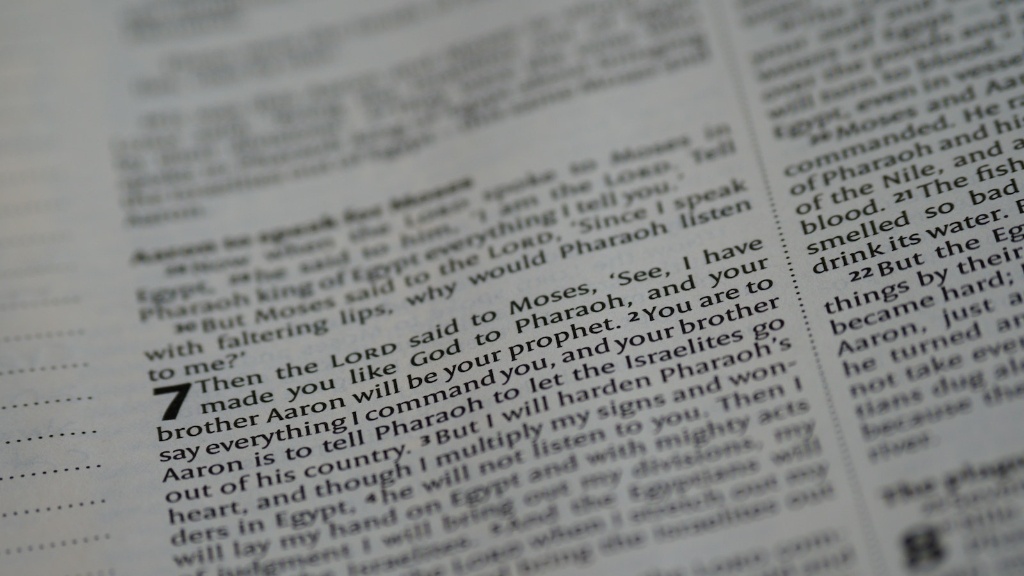Jeroboam’s Kingdom
Jeroboam was a King of ancient Israel in the latter half of the 10th century BCE, in a era symbolized by significant religious, social, and political upheaval. He likely was born as a Shemite slave in the Egyptian court of Pharaoh Shishak, but ultimately escaped and joined the Israelites in their journey home. This new addition was not welcome though, and Jeroboam was degraded and exiled. During his exile, the prophet Ahijah addressed him and anointed him as king.
Ultimately, in the wake of the death of Solomon, Israel erupted in a civil war. In the end, Jeroboam and the northern tribes of Israel formed a separate state, with Jeroboam as its king. The northern kingdom, known as Israel, was firmly under the rule of Jeroboam, who for 22 years sought to distance the people from the Temple at Jerusalem.
The Intention of Jeroboam
The intention of Jeroboam was to establish a unified and independent kingdom, ruling in the traditional fashion of dynasties peculiar to that era. Jeroboam sought to introduce some of the pagan practices he had seen in Egypt into his kingdom, in order to unite his people under a single shared identity. To this effect, he appointed his own priests from among the lowest social classes. He also constructed two golden calves to serve as symbols of his kingdom, directing the people to worship them.
Moreover, Jeroboam’s claim to the throne of Israel depended heavily on his image of being a liberating force, opening up a new kingdom that was independent of both Pharaoh and the House of David. Yet, although his reign saw a period of unprecedented wealth and political prominence, once the kingdom itself was established, Jeroboam’s reign ultimately ended in tragedy.
The Downfall Of Jeroboam
With much of the established power and legitimacy of the former Judean kingdom now gone, Jeroboam had an insufficient level of authority to back his rule. This proved to be problematic, as open rebellions arose and the king was unable to control them without resorting to violent means. In the end, Jeroboam was cursed and humiliated by the prophet Ahijah and ultimately overthrown by the armies of King Ahab.
In spite of this, Jeroboam’s legacy has survived in the annals of scripture and in the hearts of his people. They remembered him as a great liberator, who had liberated them from the “iron yoke” of the Judean kingdom. Even today, his memory still carries a strong resonance among religious communities.
Modern Memory Of Jeroboam
In the modern day, the memory of Jeroboam is remembered in the Hebrew Bible and in the annals of religious communities. The story of his rise and fall is an example of the struggles of a people to be free, and of the titanic power of religious and social unrest. Despite all his flaws, it is clear that Jeroboam played a pivotal role in the establishment of Israel as an independent state, and his contribution cannot be underestimated.
Though many disagrees about the exact cause, some suggest that without Jeroboam, it is possible that the Judean kingdom may still rule the region today. This is just one example of how profoundly the actions of one man can shape the destiny of a nation.
Jeroboam’s Influence
In a sense, the influence of Jeroboam can still be felt especially in the much older priesthood appointed by him in his own kingdom. This priesthood still acts as the public face of the nation, one that reveres and venerates the contribution of Jeroboam and his descendants. In fact, the Israelites continue to honour him through traditional songs and poems.
The memory of Jeroboam is kept alive through numerous religious artifacts, such as pottery and statues. Similarly, his image can seen in religious murals painted by various Hebrew painters. His legacy is also perpetuated through various jewellery designs and other art forms.
Jeroboam In Modern Times
Clash and contrast of Jeroboam’s legacy holds special significance in the present society in light of the current political and social unrest. Though Jeroboam had some powerful enemies and experienced much tragedy, the legacy he left behind serves to demonstrate the power of individuals to effect great change and cause in the world.
Jeroboam’s struggle with the northern tribes in what is now the region of Israel highlights the importance of traditional religion and customs, and the power of persistence and courage in the face of adversity. In the present situation around the world, Jeroboam’s courage and determination still serves as an inspiring example of the strength of the human spirit.
Conclusion of Jeroboam’s Legacy
Today, Jeroboam’s legacy provides a great narrative of biblical history. While much of his political decisions were met with opposition, it is clear that his courage and determination were a major contributing factor to the establishment of an independent kingdom. His legacy continues to inspire the generations that come after him, for his story of resilience, persistence and courage.



